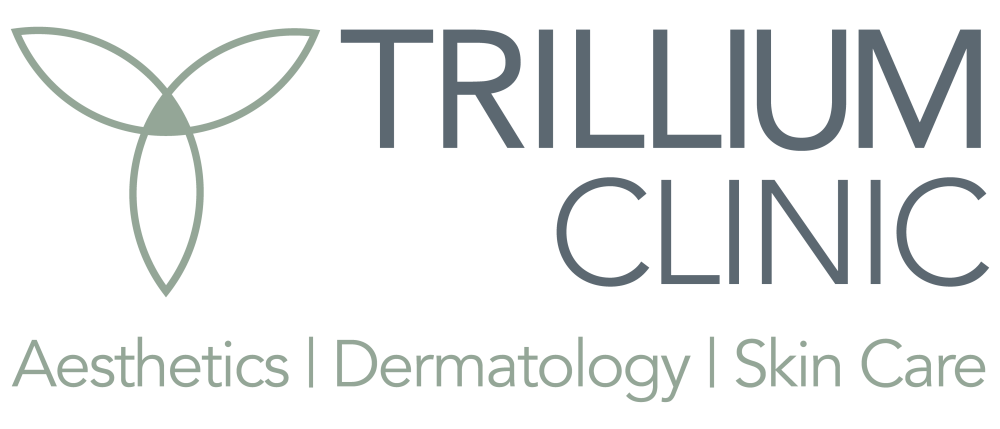Pruritus is a very common skin condition. However, patients struggle to find effective treatments. We understand the frustration of dealing with itching. At Trillium Clinic Dermatology in Chapel Hill, our solutions are designed to help Chapel Hill dermatology patients find relief from itching. Using advanced dermatology treatments, you can have clear, healthy, itch-free skin. Say goodbye to itchy, sleepless nights and start an advanced anti-itch treatment today.
What is Pruritus

The primary symptom of pruritus is itching, which can vary in intensity and duration. Itching may occur in specific areas or affect the entire body. Scratching the itchy area can provide temporary relief but may lead to skin damage, inflammation, and secondary infections.
What Causes Pruritus
Skin conditions: Skin conditions such as dry skin, eczema, psoriasis, or contact dermatitis can lead to itching.
Allergies: Allergic reactions to substances like pollen, pet dander, or certain foods can cause itching.
Insect bites: Mosquito bites, flea bites, or bites from other insects can trigger localized itching.
Systemic conditions: Certain systemic diseases and conditions, including liver disease, kidney failure, diabetes, thyroid disorders, or certain cancers, can cause generalized itching.
Medications: Some medications may have itching as a side effect.
Psychological factors: Stress, anxiety, or emotional distress can exacerbate itching or make it feel more intense.
How is Pruritus Treated
The treatment of pruritus depends on identifying and addressing the underlying cause. Some common approaches to managing pruritus include:
Moisturizers: Applying moisturizing creams or lotions can help alleviate dry skin and reduce itching.
Topical medications: Over-the-counter or prescription creams containing hydrocortisone or other anti-inflammatory ingredients can provide relief from itching caused by skin conditions.
Antihistamines: Oral antihistamines, available over-the-counter or by prescription, can help reduce itching by blocking histamine, a substance released during allergic reactions.
Avoiding triggers: If itching is related to specific substances or activities, avoiding them can help prevent or minimize the symptoms.
Stress management: Engaging in stress reduction techniques, such as relaxation exercises, meditation, or counseling, can help manage itching associated with psychological factors.
Treating underlying conditions: Addressing the underlying cause, such as treating a skin condition, managing allergies, or controlling systemic diseases, can help alleviate pruritus.
Embark on your journey to radiant skin
Itching can be a chronic condition, often very severe, with periods of flare-ups and remission. Regular follow-up appointments are often required to monitor the condition, adjust treatments, and address any additional concerns. Chapel Hill dermatology patients, as well as patients near Carrboro, Hillsborough, Raleigh, Pittsboro, Mebane, Durham, Burlington, Cary, and Alamance, who suffer from itching, can schedule an appointment with us here. A member of our expert dermatology team will conduct a total evaluation of your skin. They will also check for any underlying cause of your itching. Together, our expert dermatology team will explore the various treatment options so that we give you the best treatment for your itch. The are many treatments to stop your itching, call our center for dermatology in Chapel Hill today to learn more.
